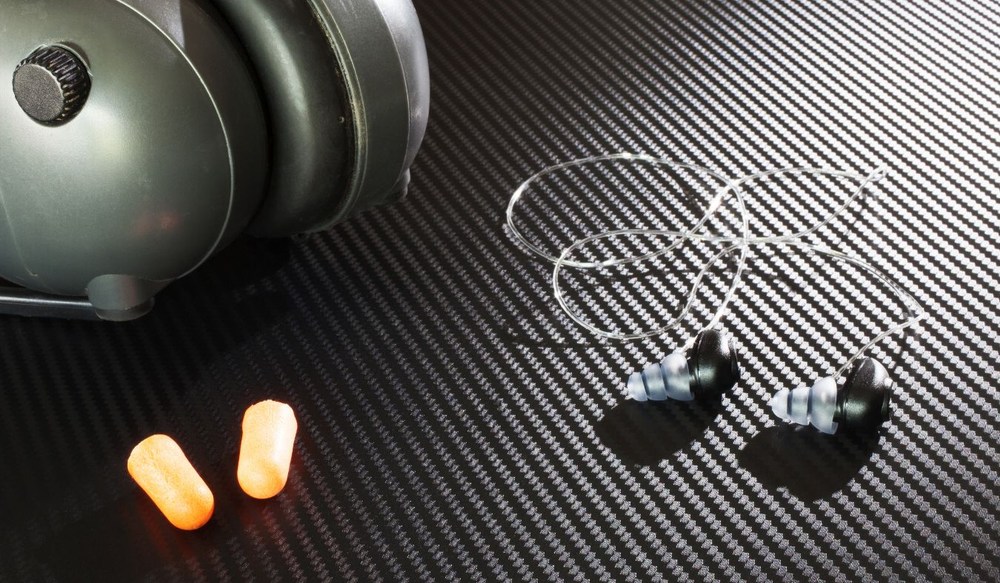How to Maintain Optimal Hearing Aid Fit Over Time
When you first receive your hearing aids, they are adjusted to fit your


When you first receive your hearing aids, they are adjusted to fit your

Getting hearing aids or starting treatment for hearing issues isn’t

We encounter loud sounds more often than most people realize, from lawn